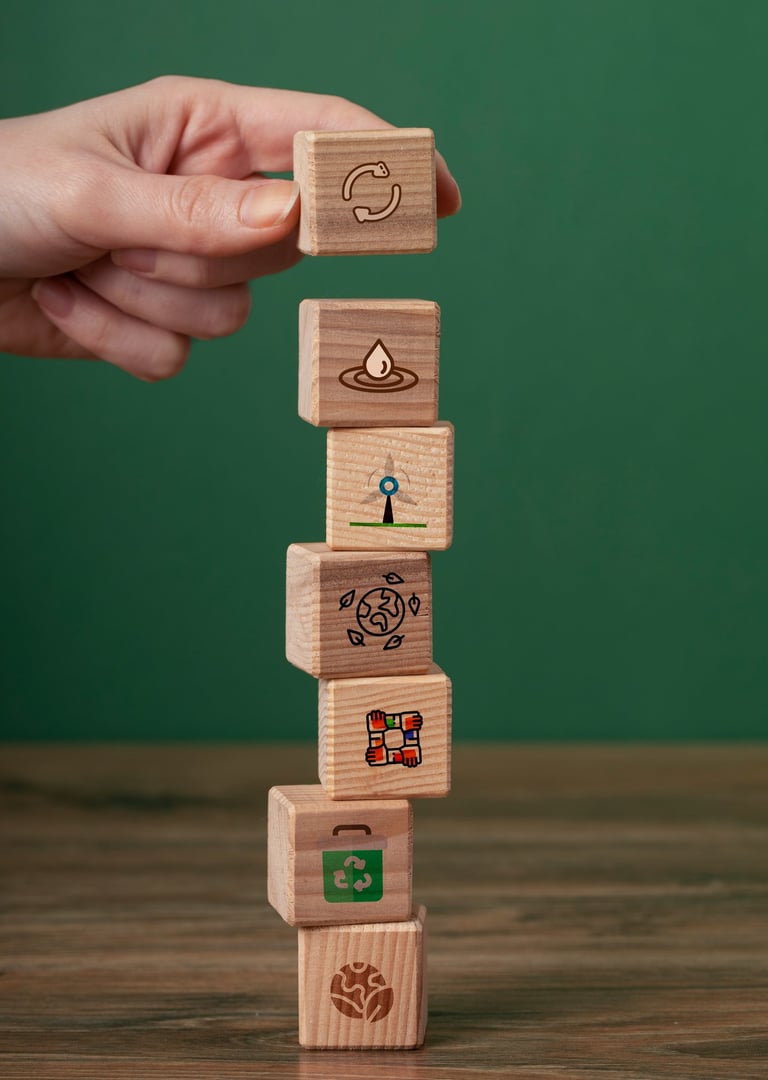Discover Your Personality
Muhammad Riaz
3/13/20252 min read


Understanding Personality Types: A Guide to Self-Discovery
Personality is what makes us unique—it shapes how we think, feel, and interact with the world. Psychologists and researchers have developed various theories to categorize personality traits, helping us understand ourselves and others better. In this blog, we’ll explore some of the most popular personality classification systems and how they can help in personal growth, relationships, and career choices.
1. The Big Five Personality Traits
The Big Five model is one of the most widely accepted frameworks in psychology. It categorizes personality into five key traits:
Openness to Experience – Creativity, curiosity, and willingness to try new things.
Conscientiousness – Organization, responsibility, and dependability.
Extraversion – Sociability, enthusiasm, and assertiveness.
Agreeableness – Compassion, empathy, and cooperativeness.
Neuroticism – Emotional stability and how one copes with stress.
This model helps in self-improvement by identifying strengths and areas for development.
2. The Myers-Briggs Type Indicator (MBTI)
The MBTI classifies people into 16 personality types based on four dimensions:
Introversion (I) vs. Extraversion (E) – Energy from solitude vs. social interactions.
Sensing (S) vs. Intuition (N) – Focus on facts vs. patterns and possibilities.
Thinking (T) vs. Feeling (F) – Decision-making based on logic vs. emotions.
Judging (J) vs. Perceiving (P) – Preference for structure vs. flexibility.
Examples of MBTI types include INFJ (The Advocate), ESTP (The Entrepreneur), and ENFP (The Campaigner)—each with distinct traits and strengths.
3. The 16 Personality Types
Expanding on MBTI, this system categorizes personalities into detailed descriptions, such as:
The Leader (ENTJ) – Strategic, confident, and goal-driven.
The Caregiver (ESFJ) – Nurturing, social, and organized.
The Thinker (INTP) – Analytical, logical, and independent.
The Artist (ISFP) – Creative, sensitive, and spontaneous.
Understanding your personality type can help in choosing a career path, improving relationships, and working on personal growth.
4. The Enneagram Personality Types
The Enneagram divides personalities into nine types, each representing different motivations and fears:
The Reformer – Perfectionist and principled.
The Helper – Generous and people-pleasing.
The Achiever – Success-oriented and image-conscious.
The Individualist – Creative and sensitive.
The Investigator – Intellectual and private.
The Loyalist – Responsible and security-seeking.
The Enthusiast – Spontaneous and adventurous.
The Challenger – Bold and assertive.
The Peacemaker – Easygoing and conflict-avoidant.
This system is excellent for self-awareness and emotional intelligence.
5. The Four Temperaments
One of the oldest personality theories, the Four Temperaments model classifies people into:
Sanguine (Social, energetic, and optimistic).
Choleric (Ambitious, dominant, and passionate).
Melancholic (Thoughtful, analytical, and sensitive).
Phlegmatic (Calm, reliable, and peacemaking).
This approach is useful in understanding communication styles and leadership tendencies.
Why Understanding Personality Types Matters
Knowing your personality type helps in:
✅ Self-awareness – Understanding strengths and weaknesses.
✅ Better relationships – Improved communication and empathy.
✅ Career choices – Finding a job that aligns with your strengths.
✅ Personal growth – Developing habits for a balanced life.




Understanding personality types can be a powerful tool for personal growth, improved relationships, and career success. Whether you explore the MBTI, Big Five, Enneagram, or other models, each offers valuable insights into your strengths, weaknesses, and unique traits. Recognizing these differences helps us appreciate others and navigate life with greater self-awareness and confidence.
Which personality type do you relate to the most? Let us know in the comments!


Thank you for visiting EaglesSky – where innovation, creativity, and growth come together.
We are dedicated to empowering you with books, poetry, skill development content, insightful blogs, and expert guidance. Stay connected and continue your journey with us!
